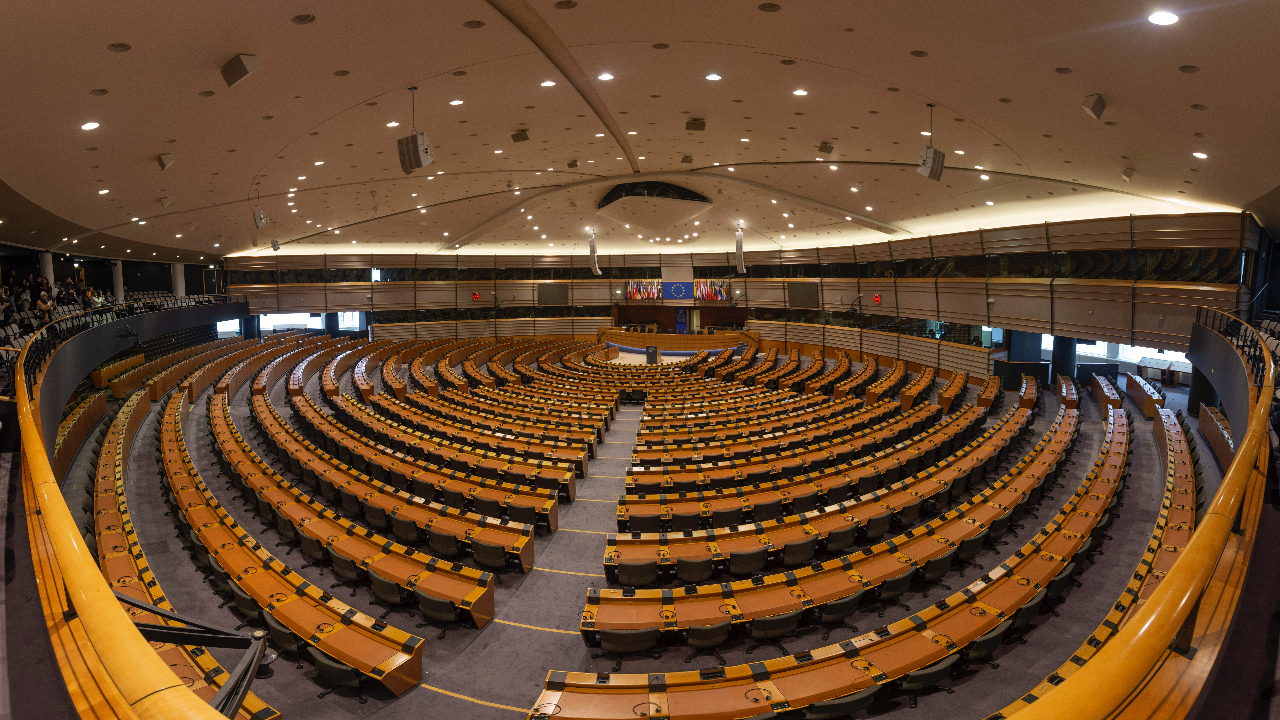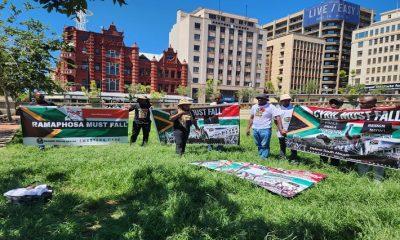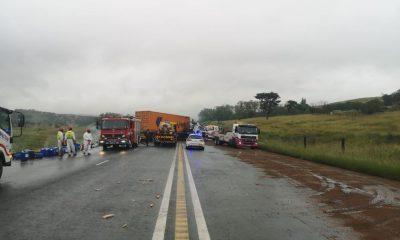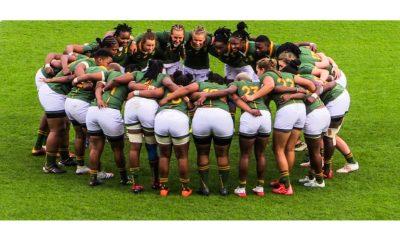News
Joburg Cracks Down on Non-Paying Residents: Tebogo Moraka

The recent joint operation between the City of Johannesburg’s group finance officials and the Johannesburg Metropolitan Police Department (JMPD) officers at a roadblock aimed at engaging property owners regarding their municipal services debt sparked controversy and misunderstandings. The campaign’s primary message got lost amid headlines like “CoJ finance officials have no business at roadblocks” and “Joburg hunting non-paying residents”, as reported by the Sowetan Live.
Also Read: Victorious Liverpool Student Conquers Mathematics Olympiad
In essence, the city’s objective was to address residents who were deliberately avoiding their responsibility of paying for consumed municipal services like water and electricity. The city faced criticism for attempting to tackle lawlessness, particularly illegal connections and reconnections to city services after previous efforts to encourage payment had failed.
The city is confronted with a significant debtors’ book, amounting to a staggering R48 billion, encompassing rates, taxes, sewerage, electricity, and water. This substantial debt burden is impeding the city’s ability to maintain and provide essential services. Complaints about issues like road potholes, collapsing infrastructure, and overgrown grass cannot be effectively addressed if the consumed services remain unpaid.
The South African Local Government Association (Salga) has highlighted the dire situation of municipalities nearing collapse due to non-payment of services. Earlier this year, Salga reported that municipalities were owed approximately R290 billion for services by businesses, households, and government entities. This figure will continue to rise without appropriate intervention and a culture of paying for services.
Timely revenue collection is essential for municipal functionality. The revenue collected from municipal service charges supports critical services like water and electricity supply, sanitation, and refuse services. Municipalities risk imminent collapse without payment for these services. Many municipalities in the country are already in financial distress, unable to settle debts with bulk suppliers like Eskom and Rand Water or pay employee salaries.
In Johannesburg, city officials face increasing complexities and blatant disregard for laws when attempting to collect outstanding debt. This includes officials being denied property access and hindering meter readings and inspections. Illegal connections to the city’s services pose a significant challenge and must be aggressively addressed to enable proper maintenance, upgrades, and expansion of essential services.
Utilising law enforcement departments such as JMPD is crucial in addressing these challenges, and efforts should focus on enhancing their capacity to restore the rule of law. Ultimately, the city, like any municipality, cannot provide services if residents, businesses, organisations, and government departments do not pay for them. Curbing lawlessness and fostering a sense of responsibility is vital for building a better city for current and future generations.
Also Read:
Follow us on Google News
Photo by Marius Oprea on Unsplash






















